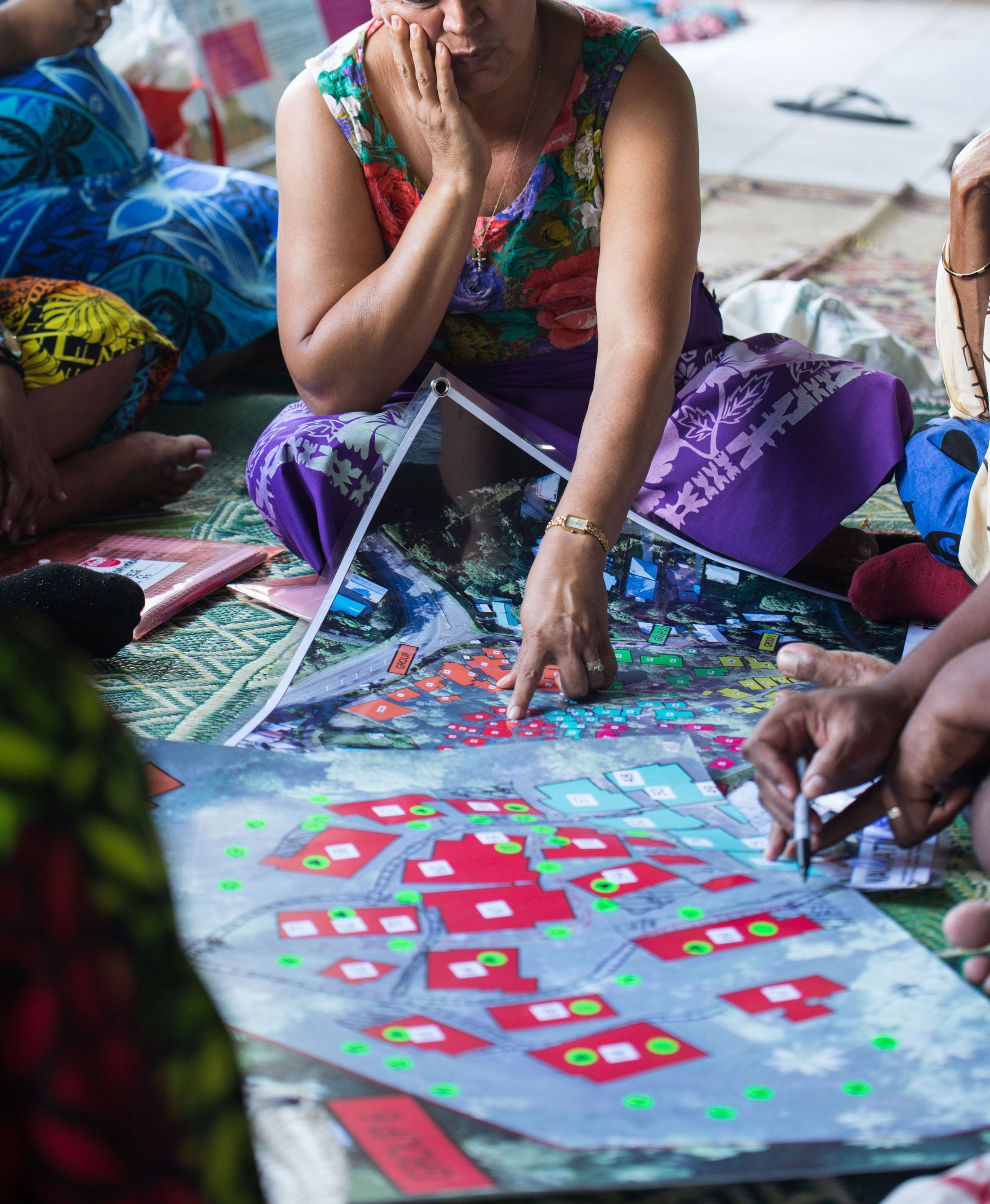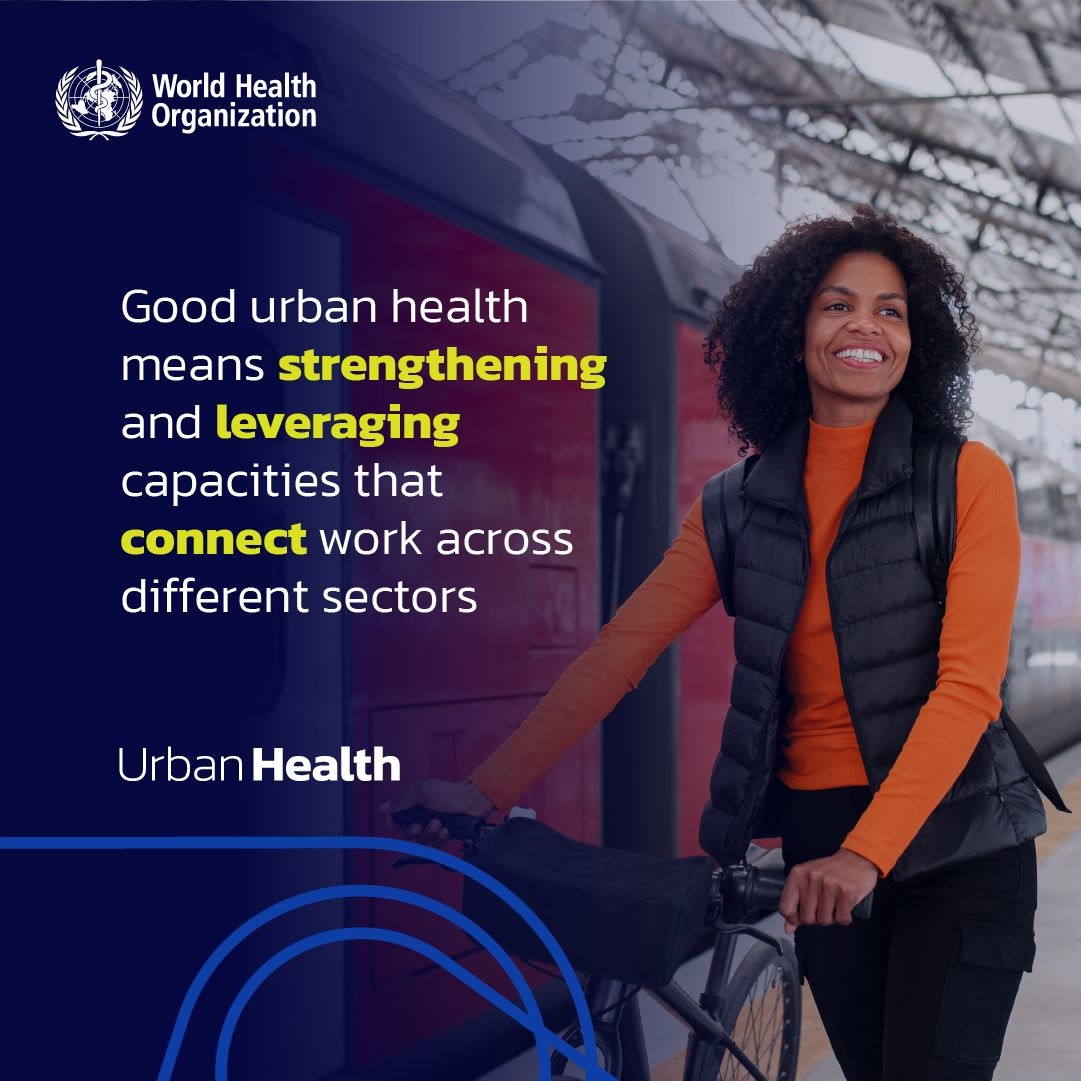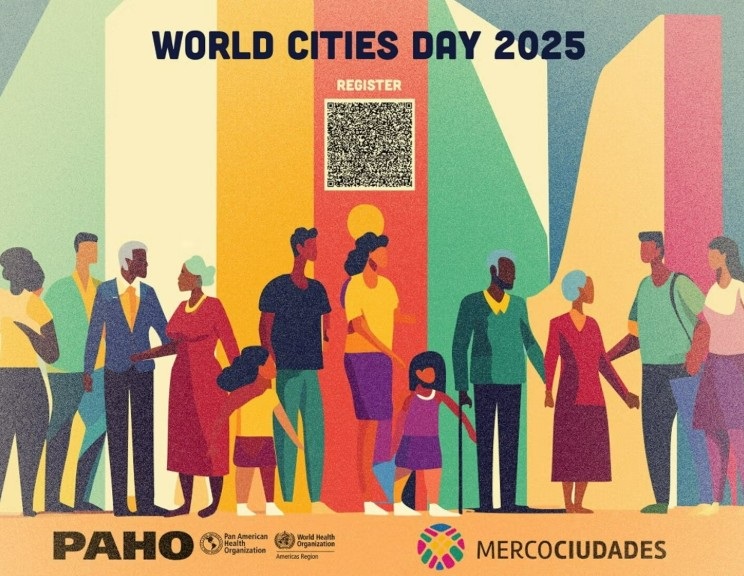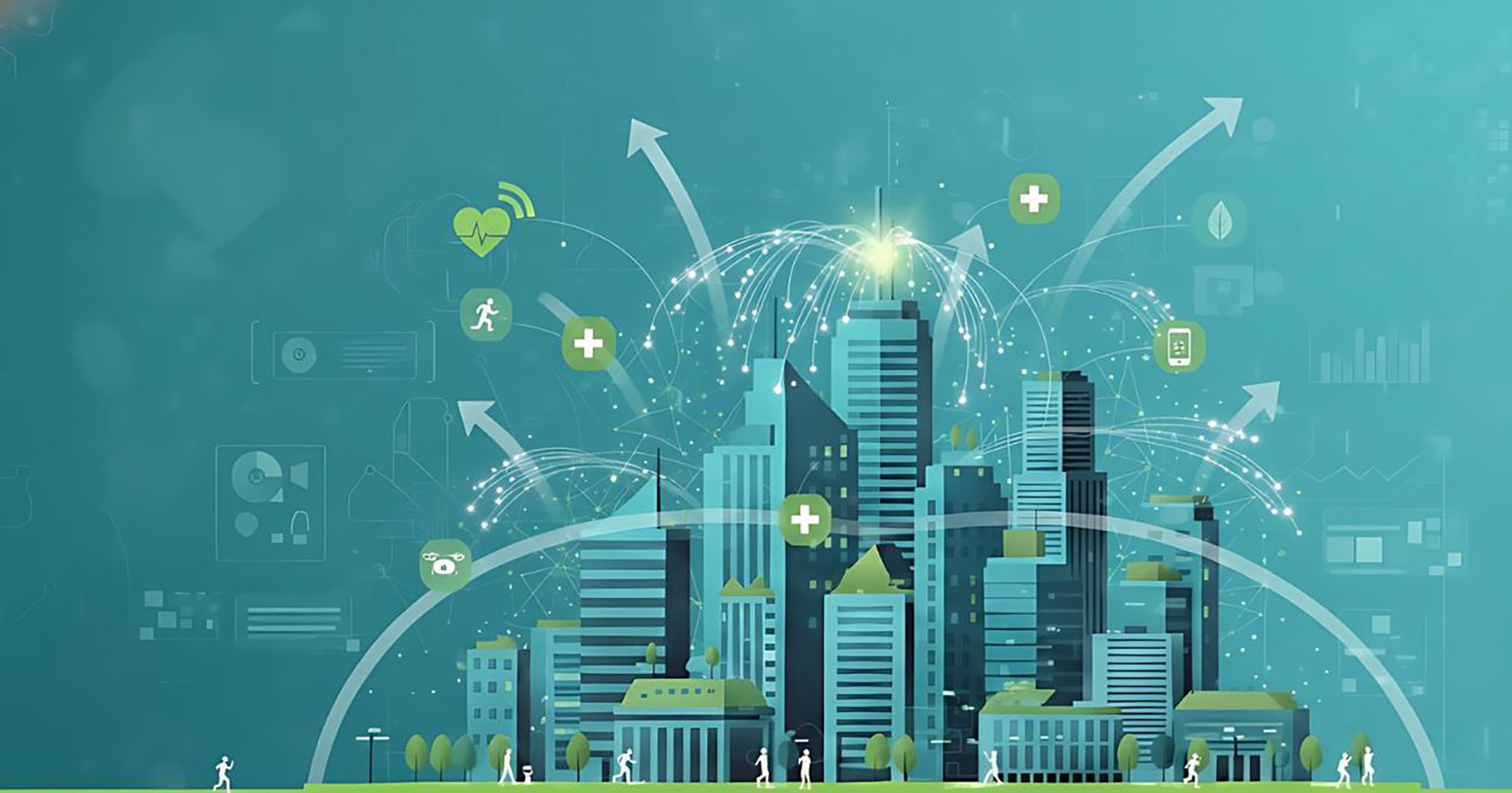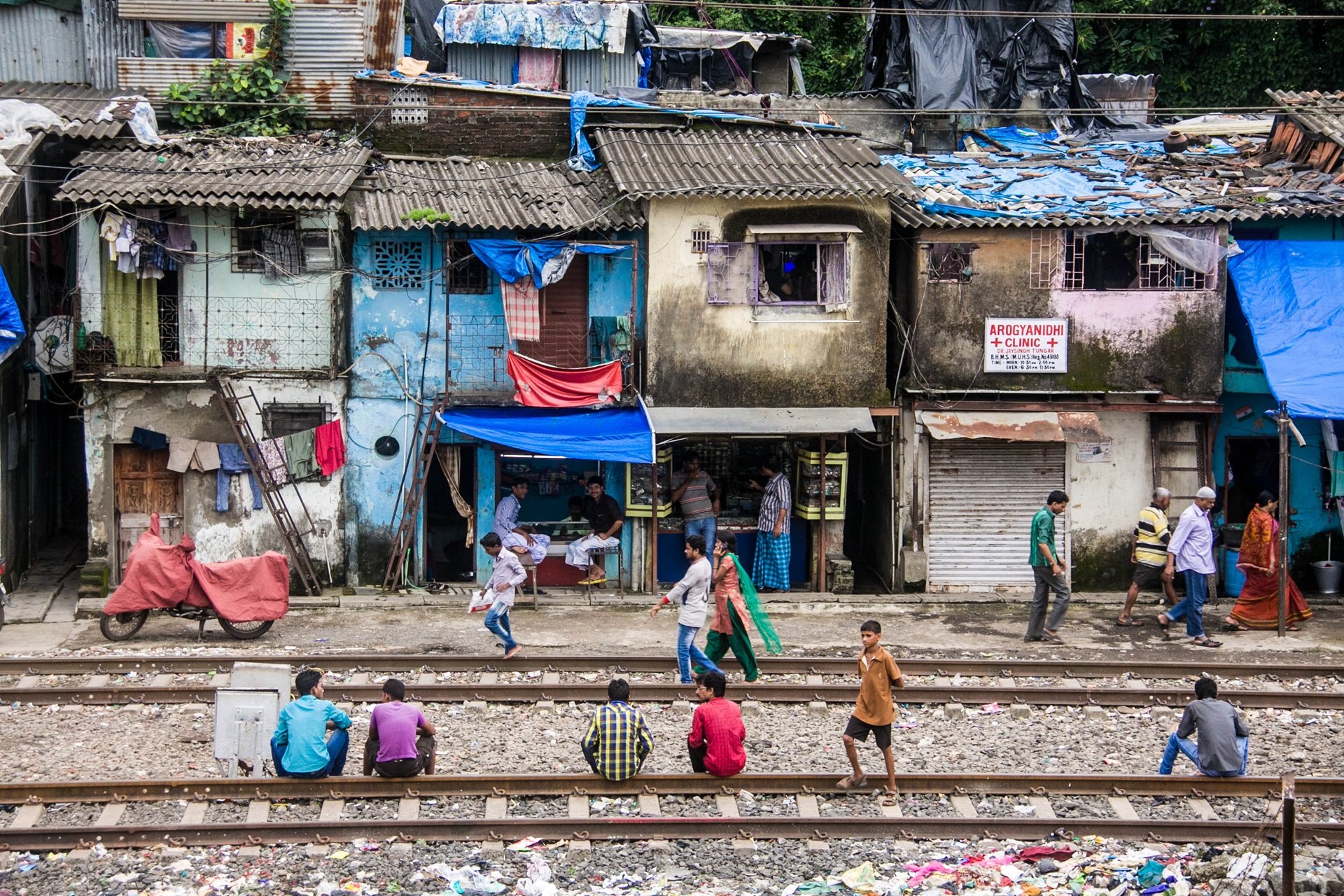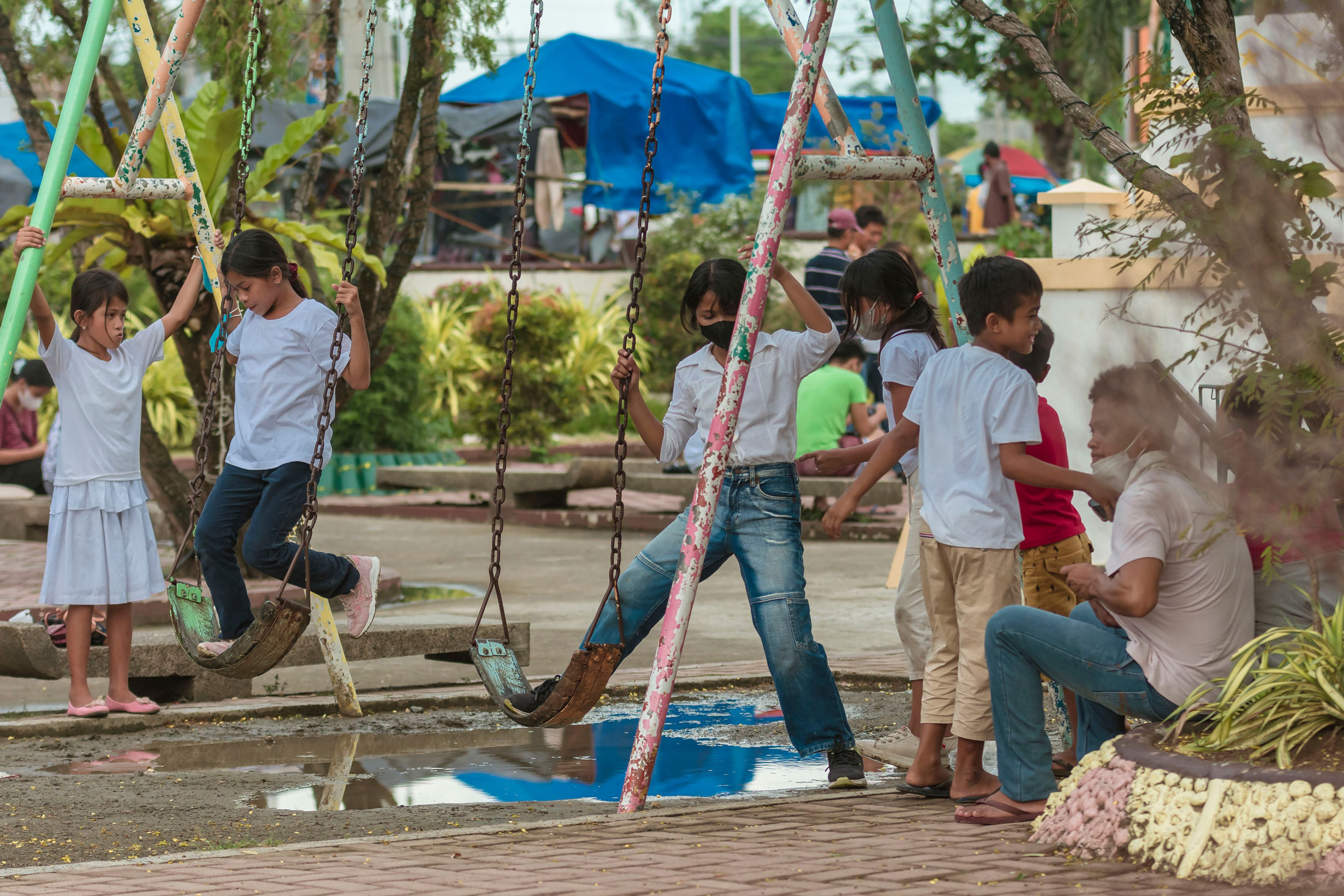

World Cities Day 2025
People-centred smart cities
World Cities Day, designated by the United Nations General Assembly resolution 68/239, is celebrated annually on 31 October. It serves as an opportunity to promote the international community’s interest in global urbanization, advance cooperation among countries in addressing urban challenges and contribute to sustainable urban development around the world.
This year’s World Cities Day (WCD) focuses on promoting smart city initiatives that put people at the centre. The concept of a people-centred smart city goes beyond technological advancements and digital innovation. It emphasizes evidence-driven decision-making, integrated urban systems, and participatory governance to make urban areas more inclusive and sustainable.
The World Health Organization (WHO) joins UN partners and global stakeholders in commemorating WCD 2025 by highlighting the critical role of urban health in putting people’s health at the centre of smart transition in cities around the world.
To mark the occasion, WHO is launching a set of new resources that provide strategic frameworks, practical guidance, and capacity-building opportunities to help integrate health across urban policy domains, promoting more comprehensive and coordinated approaches to strengthen health responses to emerging megatrends and evolving policy environments.

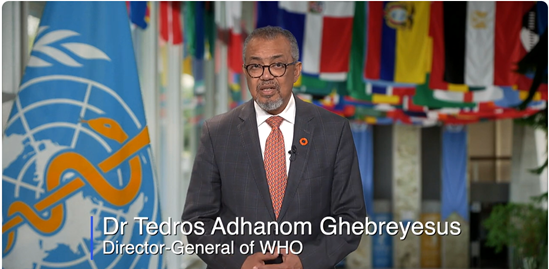
/social-determinants-of-health-(sdh)/sdh-director's-office-(sdo)/launch-of-uh-strategic-guide.tmb-1920v.png?sfvrsn=389a5089_2)
